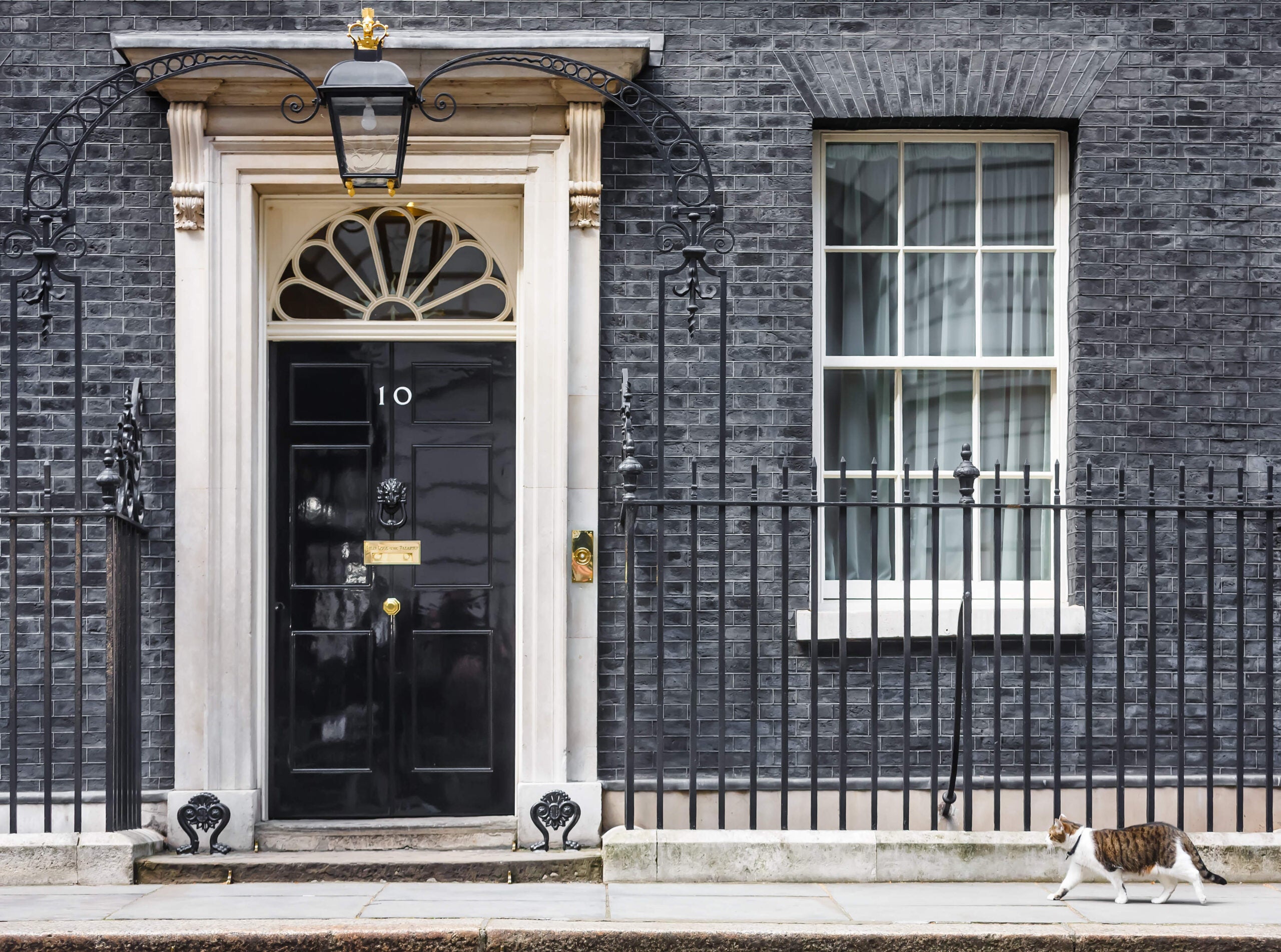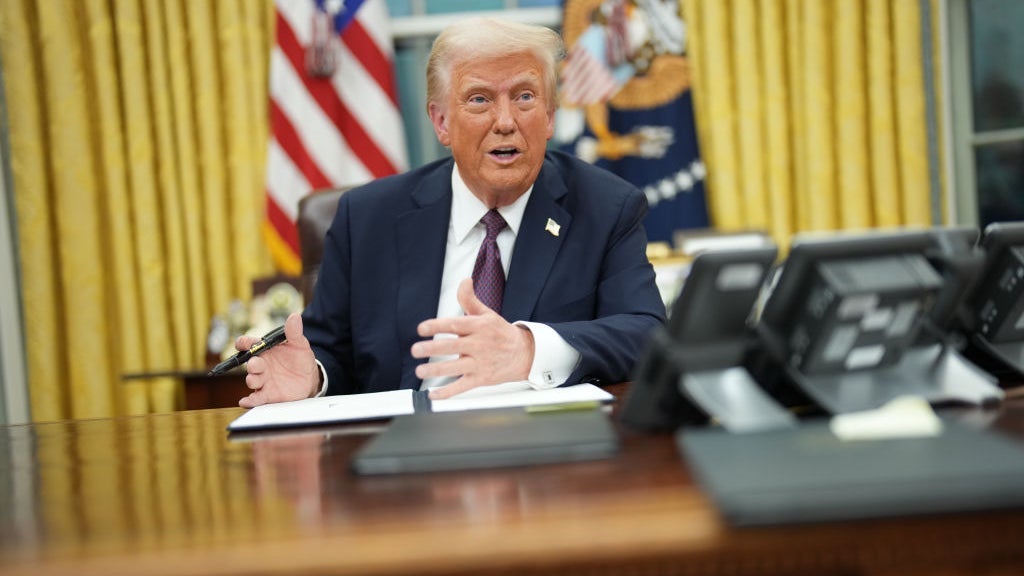
The UK government has been ordered to publish studies on the economic impact of the UK leaving the European Union, or explain why it is failing to do so.
Last week, MPs voted unanimously for the Department for Exiting the EU (Dexu) to release studies it had carried out on the impact of Brexit on 58 sectors in the UK. The studies have been taken at different times since the referendum, according to Brexit minister David Davis.
The Speaker of the House of Commons ordered the government to comply, before adding:
“Failing that, I expect ministers to explain to the house before we rise tomorrow evening why they have not and when they intend to do so.”
The costs of Brexit
Prior to the Brexit referendum, voters were infamously promised the UK would get back £350m a week, emblazoned across a big red bus. However, the reality is far from it.
Since the vote in June 2016, the pound has weakened, causing increases in the cost of imported goods.
How well do you really know your competitors?
Access the most comprehensive Company Profiles on the market, powered by GlobalData. Save hours of research. Gain competitive edge.

Thank you!
Your download email will arrive shortly
Not ready to buy yet? Download a free sample
We are confident about the unique quality of our Company Profiles. However, we want you to make the most beneficial decision for your business, so we offer a free sample that you can download by submitting the below form
By GlobalDataToday, the British Retail Consortium (BRC) said shopping activity is slumping, following a rise in living costs and the lack of real wage increases. There was a 0.2 percent growth in non-food sales over the past 12 months to October, the lowest since records began.
The BRC’s chief executive, Helen Dickinson warned retailers “will have cause for concern as they prepare for the crucial run-up to Christmas.”
Brexit bill and beyond
This weekend, Theresa May reportedly signalled that the UK government would accept the EU’s proposed Brexit bill costs for leaving the union. The proposed figure is thought to be around £53bn. This includes the UK’s share of the cost of MEP pensions and aid budgets.
The UK government needs to agree to the bill costs for talks to progress.
As well, it is likely that UK MPs will get to see the post-Brexit trade bill in Parliament today, which lays out the government’s plans for trade with the EU and other countries after March 2019.
There are concerns that once the UK leaves the EU without a trade deal, the UK will have to fall back on World Trade Organisation (WTO) rules. Trade tariffs on the UK’s EU exports alone could be an annual bill of $7.6bn.







